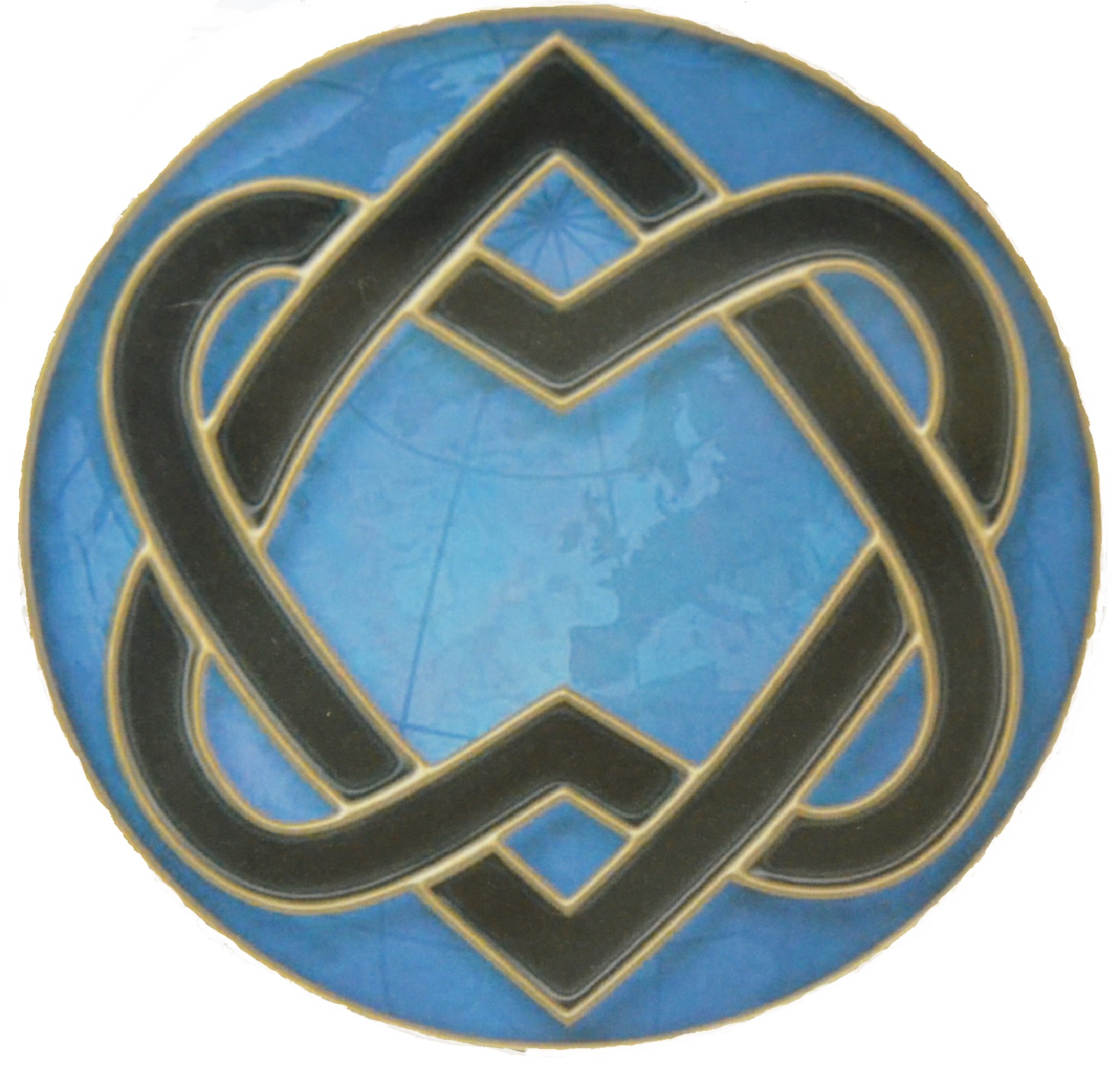Ableism, Torah, and ”Greatness Comes from Being Lifted Up By Your Brothers”
Description
How do we relate to the Torah's insistence that the kohanim who do the major rituals be without blemish or disability? Isn't that grossly ableist? I suggest the following. First, the Torah is not an idealistic description of a utopia of saints -- it forces us to recognize truths about human nature, and then create a society for real people like us, so it forces us to recognize our own prejudices and ableism, which are also active today. Second, there is a serious issue at stake involving the Offerings of Damaged Goods, which is a massive problem in our society today --which tells us a lot about ourselves and how we give. And third, I use the commentator Bartenura's commentary to offer a way the tradition is accepting human nature but leading us to how to refine it into inclusivity.
More Episodes
How do the ideals of progressivism become the idols of antisemitism? As a rabbi in one of the most progressive cities in America, I try to understand this phenomenon through scapegoat theory and through my own heartbreaking experiences. So what do we tell our college students? How do we heal...
Published 10/22/24
As a Conservative rabbi in one of the most progressive cities in America, it's been an incredibly painful year of feeling unable to ask for empathy from my own fellow Jews, as I see this year's events as Good vs Evil, and so many of my congregants want me to be condemning Israel while declaring...
Published 10/06/24
Published 10/06/24


